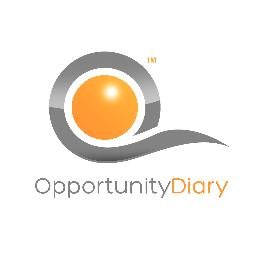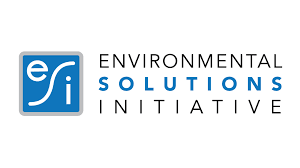Application Deadline: April 28, 2024
The MIT Environmental Solutions Journalism Fellowship 2024 supports freelance and staff journalists associated with U.S. local/regional newsrooms in developing a high-impact news project that reports on how climate change and/or the shift to a low-carbon economy relates to local communities and regions, in a way that centers local messengers, values, and priorities.
Studies show that localizing climate change impacts and actions are effective ways to engage audiences in climate solutions. Yet today, climate journalism is primarily limited to national news outlets. This fellowship helps provide Americans – especially those living in areas where climate change is controversial or underreported – with well-researched reporting on what a shift to a low-carbon economy can mean for them, their communities, and their local economies.
Starting in June 2024, Fellows will participate in a four-month nonresident program that includes:
- A multi-day virtual workshop* where Fellows will connect with MIT climate scientists, earth modeling researchers, political scientists, energy economists, and others;
- Access to an editor to support project structure and packaging;
- Training on using MIT’s extensive library databases, socioeconomic climate analyses, and other resources as requested;
- Twice a month virtual cohort meetings (attendance is expected);
- Republication of the project through MIT and partner channels; and
- Stipends of $10,000 plus up to $5,000 for qualified expenses (ex., travel, multimedia development, hosting an event).
Requirements
- The Program welcome applications from staff writers of U.S. newsrooms, or freelance journalists who are affiliated with a newsroom, and who want to tackle an ambitious project by themselves, as a newsroom-wide undertaking or as a collaboration with other media outlets in their communities.
- Newsrooms can include newspapers, news magazines, broadcast stations, digital news outlets, and investigative journalism organizations. Writers employed by or writing for think tanks, lobbying groups, or advocacy groups are not eligible.
Benefits
- The Fellowship is designed to enable Fellows to work on the project over a four-month period while still maintaining their regular employment and/or other contracts. Fellows will receive 50% of the stipend in advance and 50% upon publication of their project, though applicants should specify if this will present a hardship.
- Fellows will also be awarded up to $5,000 for project-related expenses and will have significant discretion with how to use these funds. Acceptable expenditures include relief from daily newsroom duties, project-related travel expenses, multimedia development, transcription or relevant translation services, attending conferences or workshops to build subject-specific knowledge, or contracting with an outside journalism resource such as a data journalist or sensitivity reader.
Timeline
April 28: Application deadline
Early May: Announce Fellows
June 3: Fellowship and week-long virtual workshops begin
September 27: End of Fellowship Program
October 27: End date for project publication
How to apply
Qualified applicants are invited to submit their application by April 28, 2024 using this submission form: https://climate.mit.edu/journalism-apply.
The application includes the following:
- Resume/CV;
- One page cover letter introducing yourself, your proposed project and qualifications to execute it, and why you are seeking fellowship support;
- A letter of recommendation and commitment from a news editor who pledges that the news outlet will publish your feature/series (see below);
- Up to three samples of your best and most relevant work, published during the past 24 months; and
- A two- to three-page project proposal outlining your project. Please include:
- Your plan for incorporating the required project features listed above;
- A description of who and what size is your audience;
- How the project will engage Americans in parts of the country where climate change is disputed, controversial or underreported, in a way that is new or novel;
- What kinds of expertise, information/data, and multimedia content you would like to have access to/include;
- Disclosures on any potential conflicts of interest you may have;
- A proposed budget for the $5k expenditure; and
- Encouraged but optional: what an audience engagement component would look like.
More Info: MIT Environmental Solutions Journalism Fellowships



